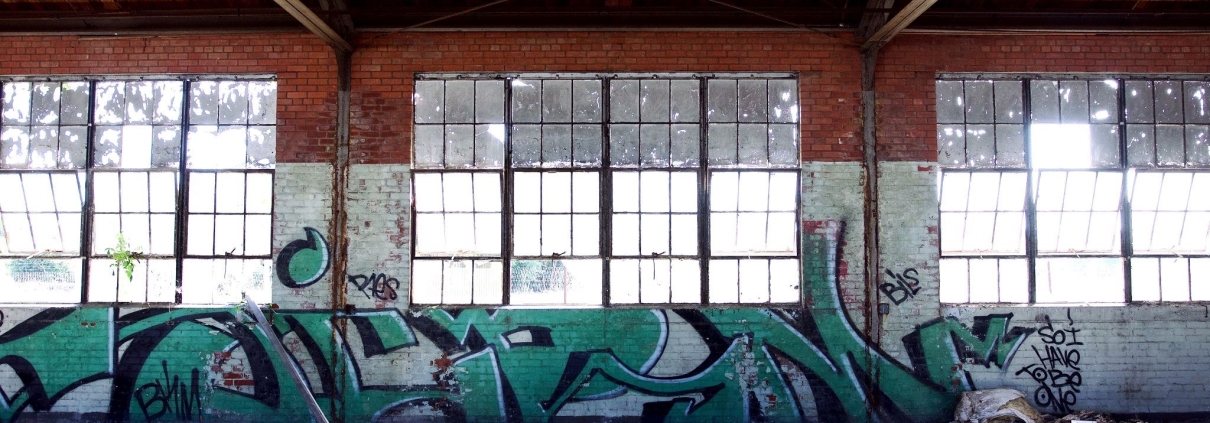
When a Ceiling Collapses in a Residence, Is the Landlord to Blame?
A ceiling collapse can be a tenant’s worst nightmare. If you’re in the home, you may suffer severe injuries when a structure falls down on you. Even if you are not in the home at the time, you can still suffer damages if your personal belongings are destroyed in the collapse.
So who’s responsible when a ceiling collapses into the home of a tenant? The owner or property manager may be responsible for certain circumstances.
When a Landlord Is at Fault for a Collapse
In North Carolina, prior to the passage of the Residential Rental Agreements Act in 1977, the rule of caveat emptor (Latin for buyer beware) applied. Landlords were not required to make repairs and were not liable for tenant injuries for any failure to make repairs.
Now, under the North Carolina Residential Rental Agreements Act, landlords owe certain duties to tenants. Landlords must use ordinary care to keep their properties in a safe condition. This includes performing reasonable inspections and correcting unsafe conditions revealed in the inspection, complying with housing and building codes, making all repairs to put and keep the property in a fit and habitable condition, and maintaining in good order all electrical, plumbing, sanitary, heating, ventilating, air conditioning, and appliances.
Landlords are required to make repairs when they know or should know of the unsafe condition. Landlords are responsible for knowing what a reasonable inspection would reveal. Therefore, to find that a landlord was negligent in the collapsed ceiling, the injured party must prove either that the landlord knew that the ceiling was not safe (for example, if the tenant had provided notice to the landlord that the ceiling had a water spot and was bulging) OR that if the landlord had done reasonable inspections, the landlord would have discovered the unsafe ceiling.
Under the Residential Rental Agreements Act, a “landlord” is defined as the owner and any rental management company that has the authority to make repairs to the property. This means that if the owner hired a property manager to oversee and maintain the property for them, then the property manager would owe the above duties and could be liable if a breach of the duties caused an injury. If you sign a lease with a property management company and not the owner, then the property management company is your landlord and owes you the duty to keep the property safe by repairing any defects of which it has knowledge or should know about.
The Importance of Speaking to a Construction Lawyer
A ceiling collapse can be traumatic to deal with. It can also be very difficult to prove that a landlord was negligent in causing the collapse. But an attorney can investigate and determine if an injured party has a claim against the owner and/or property manager, which is why it is so important for anyone suffering personal injuries from a ceiling collapse to speak to Rhine Law Firm, P.C., as soon as possible.
For a consultation with an experienced Wilmington construction litigation lawyer, please call (910) 772-9960.
About Us
Rhine Law Firm, P.C. serves clients throughout North Carolina and nationwide, specializing in complex civil litigation led by Joel Rhine. With expertise in personal injury, car accidents, property damage, sex abuse, and more, the firm is passionate about taking on challenging cases. They emphasize providing personalized legal representation, prioritizing their clients’ best interests while offering state-of-the-art legal strategies. Rhine Law Firm’s dedicated attorneys enjoy the fight for justice and are committed to guiding clients through complicated legal processes. The firm offers free consultations, flexible appointment scheduling, and Spanish language services.




